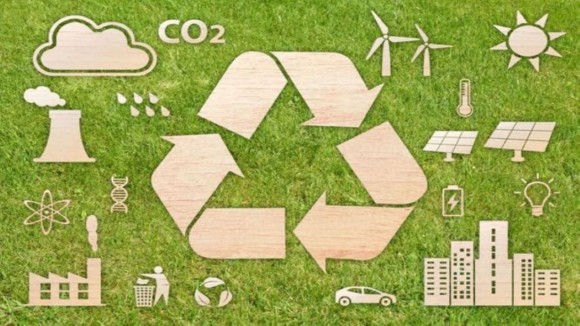 Ana Sofia Varela studied Chemistry at the National Autonomous University of Mexico (UNAM) followed by a master from the Autonomous University of Madrid and a PhD from the Technical University of Denmark with the thesis “The catalysis of CO2 electroreduction and related processes”. After completing a postdoc at the Technical University of Berlin in Prof Strasser’s group, she started her own research group on electrocatalysis at UNAM. As a recognition of her work, she received different recognitions including the “International Rising Talents” on behalf of L'Oreal-UNESCO in 2019.
Ana Sofia Varela studied Chemistry at the National Autonomous University of Mexico (UNAM) followed by a master from the Autonomous University of Madrid and a PhD from the Technical University of Denmark with the thesis “The catalysis of CO2 electroreduction and related processes”. After completing a postdoc at the Technical University of Berlin in Prof Strasser’s group, she started her own research group on electrocatalysis at UNAM. As a recognition of her work, she received different recognitions including the “International Rising Talents” on behalf of L'Oreal-UNESCO in 2019.
 Chris Li is currently an Assistant Professor at the University at Buffalo, SUNY. He completed his B.S. degree (2010) in chemical engineering at the University of California, Davis. Chris subsequently worked as an R&D engineer in chemical industries for three years before starting his Chemistry Ph.D. at Penn State with Prof. Tom Mallouk. During 2018 – 2020, Chris joined Prof. Ted Sargent’s group as a postdoctoral scholar at the University of Toronto. Chris’ research interests focus on developing electroanalytical techniques to study chemical mechanisms in catalysis, energy storage and environmental applications.
Chris Li is currently an Assistant Professor at the University at Buffalo, SUNY. He completed his B.S. degree (2010) in chemical engineering at the University of California, Davis. Chris subsequently worked as an R&D engineer in chemical industries for three years before starting his Chemistry Ph.D. at Penn State with Prof. Tom Mallouk. During 2018 – 2020, Chris joined Prof. Ted Sargent’s group as a postdoctoral scholar at the University of Toronto. Chris’ research interests focus on developing electroanalytical techniques to study chemical mechanisms in catalysis, energy storage and environmental applications.

